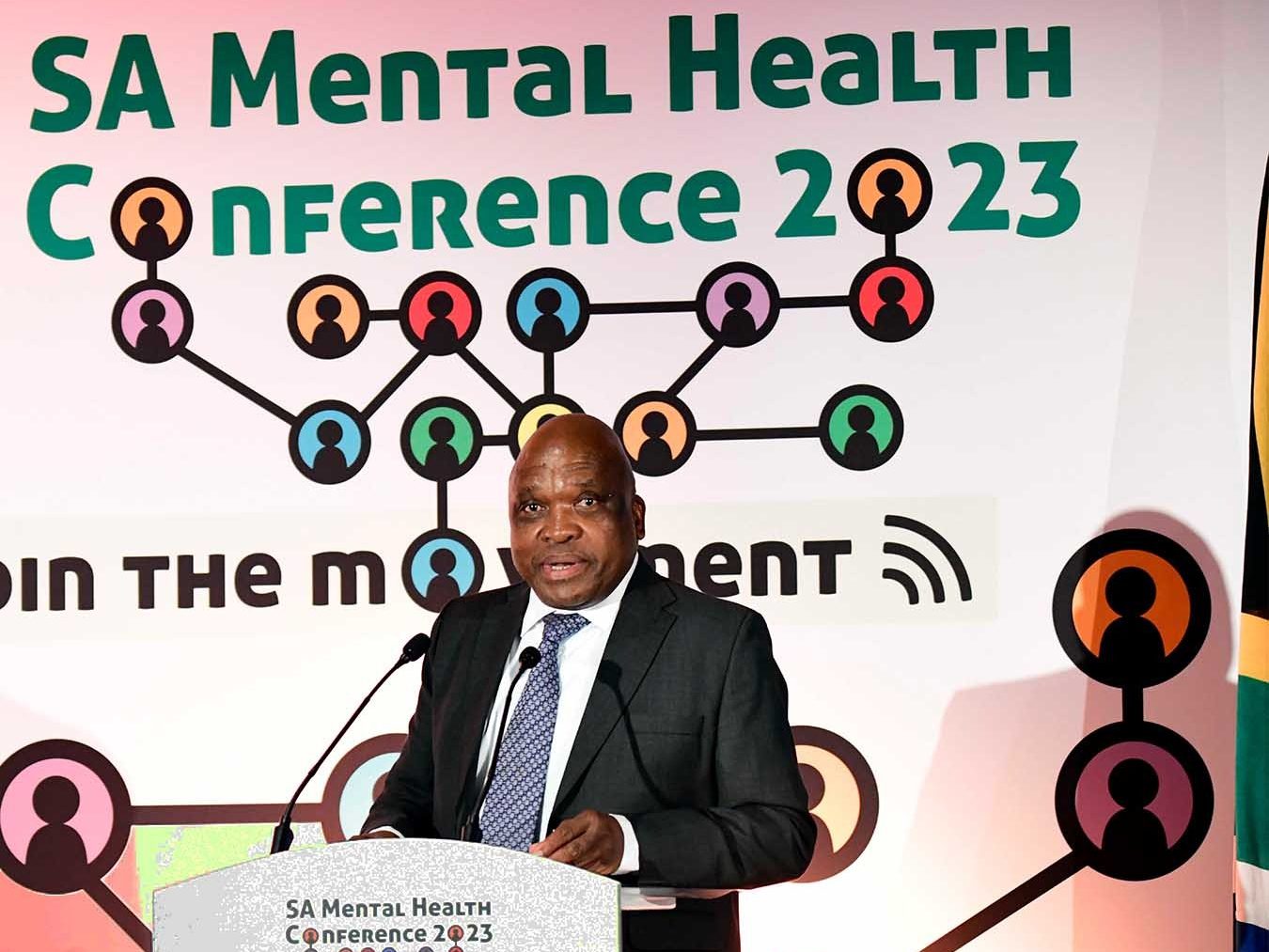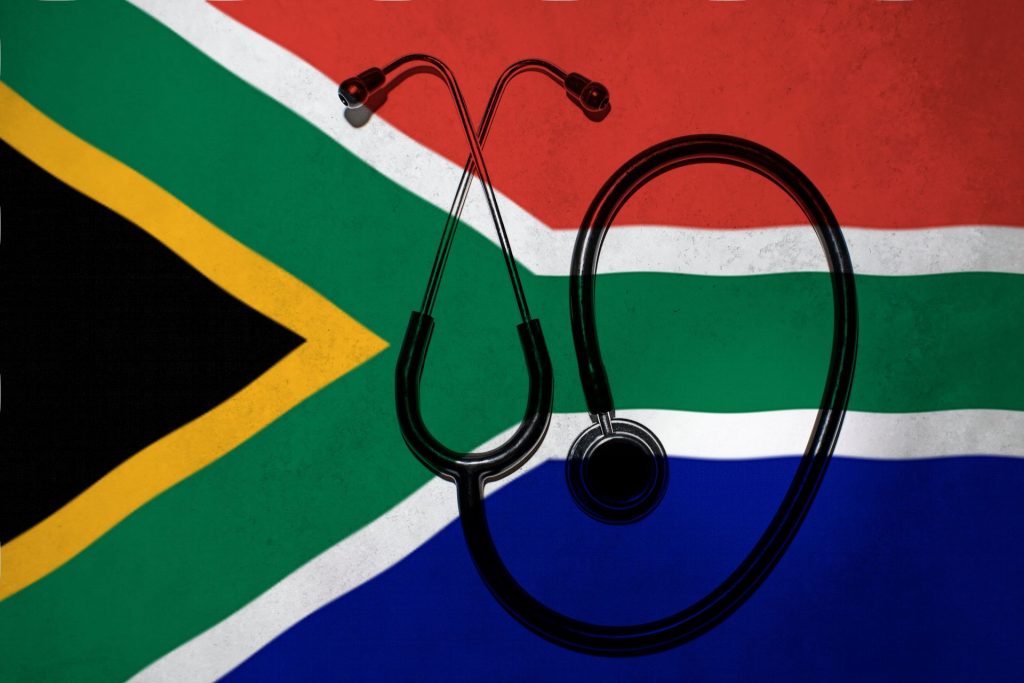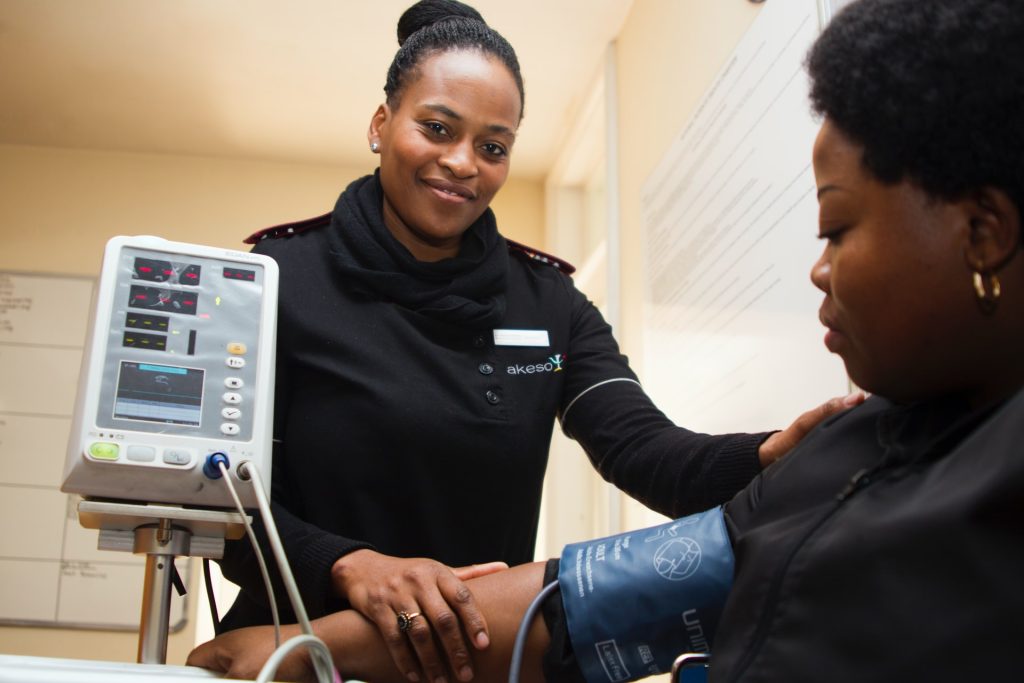New Mental Health Policy Welcomed, but Experts Concerned over Implementation

By Thabo Molelekwa at Spotlight
South Africa’s long-awaited new National Mental Health Policy Framework and Strategic Plan 2023 – 2030 took centre stage this week at the two-day SA Mental Health Conference in Johannesburg. As Spotlight previously reported, the old policy framework technically expired in 2020.
But even though there has been a gap from 2020 to 2023, speaking to Spotlight at the conference, Minister of Health Dr Joe Phaahla said that it doesn’t mean there was a gap in terms of updating. “Every either three or five years, we revise the policy. So, it is not that there has been a gap. There has been a policy, which has been guiding,” he said.
“But as things change, and in each cycle of the strategy and planning, we have a particular timeframe so that we can evaluate. And so now we have evaluated, and that’s why we are adding [additional things], as we learned from the previous implementation.”
Phaahla said that gaps in the country’s mental health services are not because of a lack of policy and plans but due to implementation issues and sometimes the shortage of resources and psychiatrists.
“If you look at the area of psychiatrists, it is just the two-tier system of our health service, which makes it very difficult because what psychiatrists can earn providing the services to more of the insured patients – it is something we can’t really match with the public sector salaries generally,” he said. Phaahla said that psychiatrists, who mostly work in the private sector, were typically trained at public-sector teaching hospitals. “But once they’re qualified, they stay for one year or so, then they are attracted by better income,” he told Spotlight.
According to Phaahla, to deal with the shortage of psychiatrists in provinces such as the Northern Cape where there are only three psychiatrists, the department plans to contract psychiatrists from other provinces. “We can have part-time psychiatrists, maybe take some from Gauteng where the majority are and in Western Cape and contract them to provide services in Northern Cape. Even if it’s on a weekly rotation,” he said.
Concerns over delays
While several mental health experts have welcomed the new policy framework and agree with Phaahla about the importance of implementation, they are not happy about the delays.
“We’re now sitting in 2023, three years late,” said Cassey Chambers of the South African Depression and Anxiety Group (SADAG). What that means, she said, is that civil society did not have a working document with which to engage government at provincial or district level.
Bharti Patel of the South African Mental Health Federation expressed similar concerns. “As the Federation for mental health, we are disappointed that it has taken this long for the policy to be reviewed, given the fact that the initial policy was launched in 2013,” said Patel.
“We had a crisis during that period from 2013 to 2020. We have witnessed mental healthcare users losing their lives during Life Esidimeni. The [Health] ombud report, the South African Human Rights Commission Report, have all given recommendations,” Patel said. Patel argues that those recommendations should have informed policy and implementation more quickly.
Implementation problems
Chambers described the previous strategic policy framework as a “very good document”. Then, she said, the problem came in the implementation. “And I think perhaps this is [why there was a] delay in having an updated document that is now running from 2023 to 2030. It is because the document was good, the policy was good. However, how it was implemented was not happening,” she said.
Speaking to Spotlight, Professor Crick Lund, Co-Director, of the Centre for Global Mental Health at King’s College London, explained that there are a number of factors that create implementation challenges. “The one is ignorance on the part of senior decision-makers about mental health, ignorance about the scale of the problem, and ignorance about the fact that something can be done about it,” he said.
According to Lund, the new policy framework has stronger implementation monitoring mechanisms and implementation can be tracked in a much clearer way over time.
For the new policy framework to work better than the previous one, Lund believes there is a need to create greater public awareness about mental health and about the mental health policy. He says, “We need to get all the sectors involved working together – the Department of Health, Education, Social Development, the criminal justice system, and also the NGO sector.”
Along similar lines, Patel stressed the importance of getting more government departments involved. “While the policy is developed at the national level, the National Department of Health is responsible for training the provinces and not only the Department of Health; they need to train all government departments within the province who have bought this policy,” she said. “You can’t have the Department of Health alone implement a policy. This is a policy that requires inter-sectoral collaboration so that different departments can also put budgets towards implementation.”
Lund said that there is a lot of common agreement on what the priorities are and a lot of energy going forward. “So I’m hopeful that we can move things forward.”
Budgets and human resources
While there seems to be consensus on the need for more training and getting wider buy-in, there is also a shared awareness that successful implementation will depend on the availability of sufficient funds and human resources.
“We need to see structured action plans in the provinces with budgets allocated so that we can hold the government departments accountable,” said Patel.
Chambers agrees that in order to get implementation of the new policy framework right, we will have to get the budgets right. “You need to allocate a budget in order to help with the implementation plan, especially knowing that our previous policy framework was not implemented. So, we have to overcompensate for that now, which is concerning because this year, the health budget has been reduced. Therefore, meaning that the national mental health budget has been reduced,” she said.
According to the new policy framework, the case for investing in mental health is strong. It states that at a societal level, lost income associated with mental illness far exceeds public sector expenditure on mental healthcare – in other words, it costs South Africa more to not treat mental illness than to treat it. The impact of mental illnesses such as depression and anxiety has been estimated to cost the economy more than US$3.6 billion (R61.2 billion) in lost earnings per year. Certain conditions such as perinatal depression and anxiety have lifelong cost consequences. For example, it is estimated that the lifetime costs of perinatal depression and anxiety in South Africa amount to US$2.8 billion (R47.6 billion) per annual cohort of births.
Chambers also stressed that we are facing shortages of human resources and appropriate facilities. “We don’t have the human resources or the capacity to fulfil that implementation plan and that’s a worry and a concern,” she said.
NHI and provincial plans
According to the new policy framework, mental health will be financed according to the principles adopted for all health financing in South Africa, and people will be protected from the catastrophic financial consequences of mental ill-health.
According to the policy framework, in the financing of the National Health Insurance (NHI) system, mental health services will be given parity with other health conditions, in proportion to the burden of disease and evidence for cost-effective interventions. NHI will specifically include packages of care for mental health, in line with the evidence for the most cost-effective interventions. The policy framework states that private medical aid schemes should be required to provide similar parity between mental health and other health conditions.
“Budget will be allocated to meet targets set for the implementation of the policy and regular discussions will be held with provinces to discuss strategies and monitor progress with implementation. At provincial level, mental health budgets will be reviewed annually to align mental health with national priorities, for each of the areas for action in 2023 and annually thereafter,” the policy framework reads.
The policy also says that all provinces will develop provincial strategic plans for mental health, in keeping with national policy, which outlines specific strategies, targets, timelines, budgets, and indicators in 2023 and annually thereafter, informed by specific unique local challenges.
Source: Spotlight










